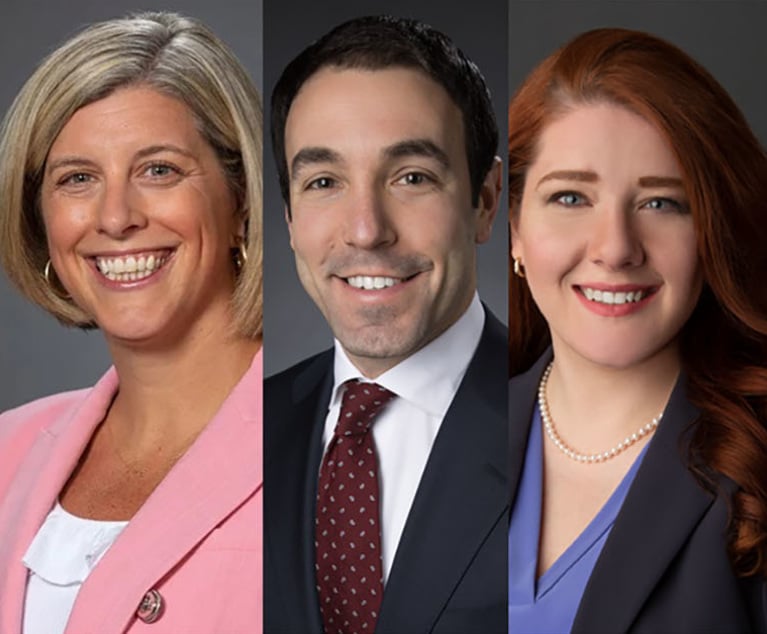As a general matter, statutes, court rules, and court decisions forbid interlocutory appeals (that is, appeals from orders before final judgment) except in extraordinary circumstances. Piecemeal appeals from unfinished cases not only make appellate review less efficient but can cause cases to drag on for years.[1] But on April 27, in Ahmad v. City of St. Louis,[2] the Eighth  Circuit exercised jurisdiction over a challenge to a preliminary injunction before trial and over one year after the injunction was entered. Without ruling that the district court had committed error or abused its discretion, the panel majority gave the district court six months to enter final relief; otherwise the preliminary injunction must end.
Circuit exercised jurisdiction over a challenge to a preliminary injunction before trial and over one year after the injunction was entered. Without ruling that the district court had committed error or abused its discretion, the panel majority gave the district court six months to enter final relief; otherwise the preliminary injunction must end.
The unusual ruling in Ahmad raises many questions. Would the same appeal rights also be equally available to a plaintiff on the losing end of a preliminary injunction order, who then failed to appeal within 30 days but made a second failed injunction motion before final judgment? What rule of law governs whether an appellate court will place an expiration date on a preliminary injunction that it leaves in place? And does allowing a second chance to bring an interlocutory appeal backfire, by enticing litigants to relitigate shortly before trial the merits of an early injunction ruling and then keeping the case on pause at the district court level for a year or more between notice of appeal and an appellate decision?









